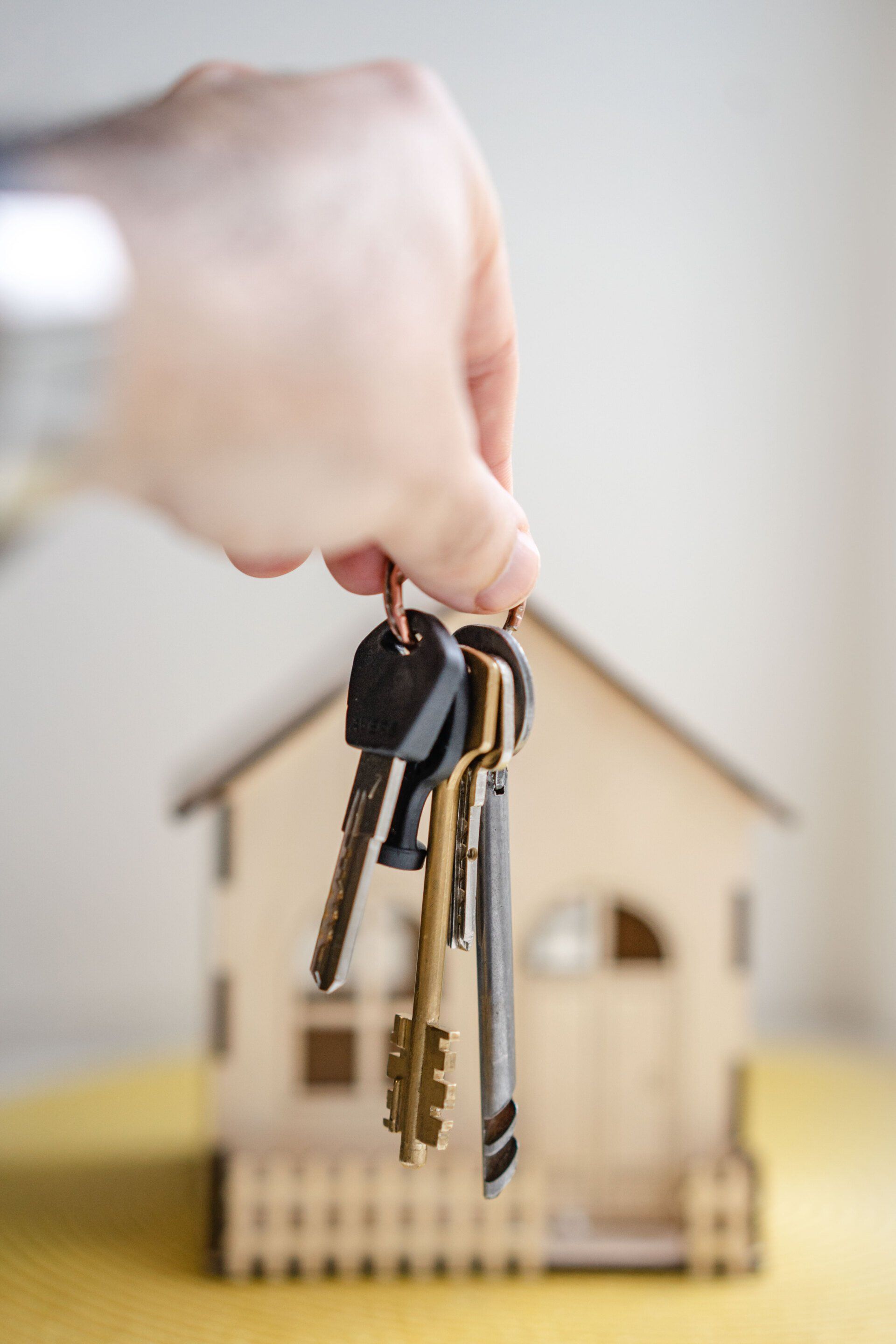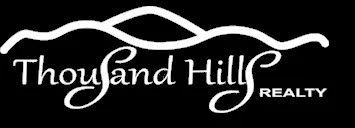Why Renting a Home Makes Sense

Why Renting A Home Makes Sense
Choosing to rent as opposed to buying can open up undiscovered routes to financial success. Renting can be a different route to financial freedom, even if buying a property might be a good financial option as well.
Choosing to buy or rent a property can have a significant impact on your personal life, money, and way of life. Whichever option you select will depend on your financial circumstances because both need a steady stream of revenue and plenty of time to sustain. The majority of property managers in Branson provide strong arguments for the fundamental differences between renting and owning a home.
Your degree of comfort and aspirations in life will also depend on whether you plan to buy or rent a property. You should disregard those who advise you that renting is a waste of money and that buying a property is a wise investment.
Those who contend that buying is a better option should be ignored because, in actuality, the cost of upkeep, repairs, and a mortgage is higher each month than it is for rent. Due to their lack of attachment to the property, renters enjoy greater freedom than homeowners who are responsible for every detail of the house. A major financial commitment is needed for the purchase of a home, both upfront and over time.
Make sure you are aware of the hazards involved, particularly in home ownership, before deciding whether to buy or rent a property. Getting a mortgage for your house loan usually requires a large amount of debt leverage. Rising property values are often advantageous to mortgage holders. They will suffer if prices drop. Let's begin by renting a home.
Because it's always as easy as it seems, renting a house is always better than buying one. Both buying and renting a house provide a place to live, but they also come with costs that must be paid. On a rental property, upkeep and repairs are the responsibility of the landlord; on a residence, this is the homeowner's responsibility. Renting does not always mean that you are throwing money away each month, and owning a home does not always help you accumulate wealth.
The most frequent error made by renters is to squander their monthly rent. This isn't accurate. Everyone needs a place to live, and homes are usually expensive. It's possible that not all of the expenses associated with homeownership go toward equity creation, even while monthly rent payments do not. Property managers in Branson are well-versed in helping you find the rental that is right for you.
You are aware of your monthly rent expenditure when you rent. Your lease specifies this sum, so set aside money for it appropriately. Sometimes your monthly payment includes additional expenses like storage, utilities, and homeowner association (HOA) dues if you live in a condo or apartment building.
When the lease expires, the tenant may always have to pay more. Rent hikes can be considerably more pronounced if you reside in a pricey area of the city. If you reside in a place where rent control laws restrict how much, if at all, a landlord can raise the rent, this doesn't seem realistic.
When your lease expires, renting gives you the freedom to relocate. However, your landlord would urge you to move right away if the apartment building you rent from is being refurbished or sold. Less drastically, the landlord can just decide to raise the rent to an amount you are unable to pay.
The advantages of homeownership are both material and immaterial. In addition to having control over the space's appearance and layout, being a homeowner brings stability and a sense of pride in your possessions.
Nevertheless, keep in mind that since real estate is an illiquid asset, moving might be expensive. Selling when you want to might not be possible. Even then, if the housing market is not doing well, you might not be able to get it for the price you want. Selling your house comes with hefty transaction expenses, even if it's up.
The total cost of homeownership is more than the cost of renting, even if your mortgage payment is less than your rent. Some of the expenses that the renter does not have are property taxes, trash pickup (which some tenants are required by landlords to pay), water and sewer service (which some tenants are required by landlords to pay), pest control, tree trimming, homeowners insurance, earthquake insurance, and pool cleaning.
During the first few years of a long-term mortgage, mortgage interest can account for nearly all of your monthly payments. Up to 13 years or more of your 30-year home loan payment may be applied to the principal debt. The interest on a $100,000 loan at 4% for 30 years will come to about $72,000. Of course, if you can itemize, you'll get part of that back in tax deductions.
It's possible that you'll find an unanticipated leak in your roof. Your home insurance coverage could not cover the additional $12,000 cost of replacing your roof.
There are several advantages to renting when it comes to the financial aspects of it. If you're not quite ready to buy a house, property managers in Branson advise you to start considering the benefits of doing so.




